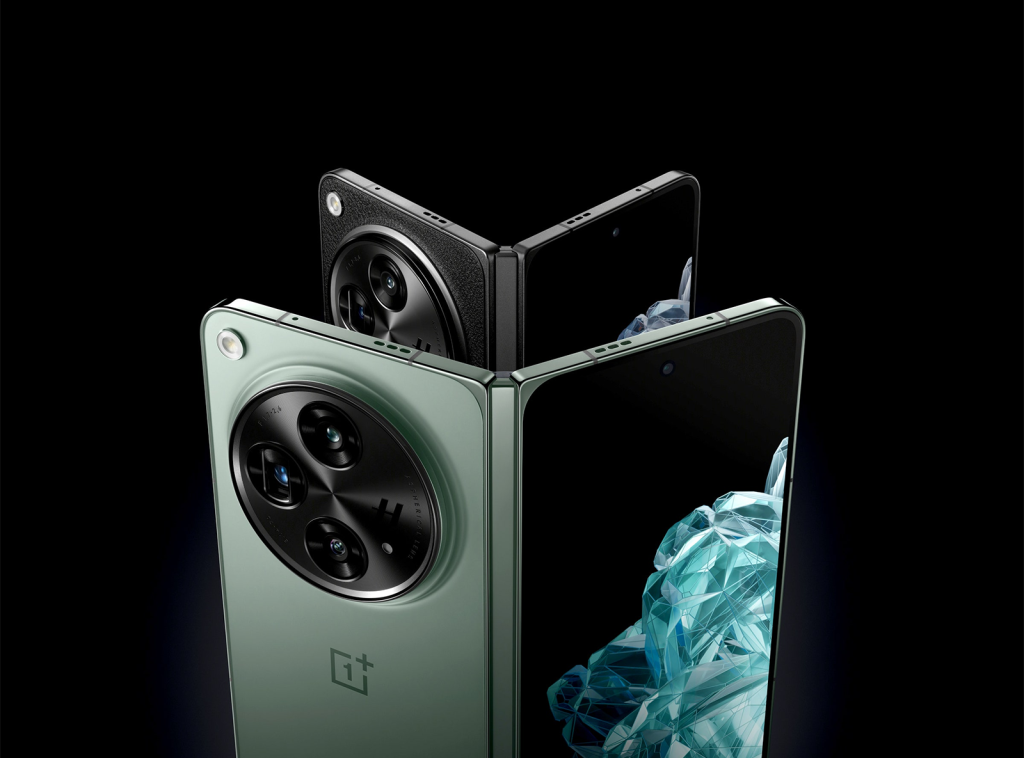Introduction
Dubai’s retail sector has always been at the forefront of innovation, offering shoppers a unique blend of luxury, convenience, and cutting-edge technology. As the city continues to embrace digital transformation, the retail industry is undergoing significant changes driven by technological advancements. This blog delves into the key technological trends shaping Dubai’s retail sector, their impact on consumer behavior, and the future of retail in this vibrant city.
The Digital Transformation of Retail
The digital transformation of retail in Dubai is characterized by the integration of advanced technologies to enhance the shopping experience, streamline operations, and improve customer engagement. Key areas of digital transformation include e-commerce, mobile commerce, and in-store technologies.
E-Commerce Boom
The e-commerce boom in Dubai has been accelerated by the increasing penetration of the internet and the widespread use of smartphones. Major e-commerce platforms like Amazon.ae, Noon.com, and Carrefour Online have transformed the way consumers shop. The convenience of online shopping, coupled with a wide range of products and competitive pricing, has driven the growth of e-commerce in Dubai.
Mobile Commerce
Mobile commerce, or m-commerce, is gaining traction as consumers increasingly use their smartphones to make purchases. Retailers in Dubai are optimizing their websites and apps for mobile devices, offering seamless navigation, secure payment options, and personalized recommendations. The rise of mobile wallets and contactless payments has further facilitated the growth of m-commerce.
In-Store Technologies
In-store technologies are revolutionizing the brick-and-mortar shopping experience in Dubai. Retailers are adopting innovative solutions to enhance customer engagement and streamline operations. Some of the key in-store technologies include:
- Augmented Reality (AR): AR applications allow customers to visualize products in real-world settings. For example, furniture retailers use AR to enable customers to see how a piece of furniture would look in their homes before making a purchase.
- Smart Mirrors: Smart mirrors equipped with virtual try-on technology enable customers to see how clothing or accessories would look on them without physically trying them on.
- Self-Checkout Systems: Self-checkout systems offer a convenient and efficient way for customers to complete their purchases, reducing wait times and improving the overall shopping experience.
Impact on Consumer Behavior
Technological advancements in Dubai’s retail sector have significantly impacted consumer behavior. The following trends highlight how technology is shaping the way consumers shop:
Personalized Shopping Experience
Consumers in Dubai increasingly expect personalized shopping experiences tailored to their preferences and needs. Retailers leverage data analytics and artificial intelligence to gather insights into customer behavior and provide personalized recommendations. Personalized marketing campaigns, product suggestions, and loyalty programs enhance customer satisfaction and drive repeat business.
Seamless Omnichannel Experience
The rise of omnichannel retailing has blurred the lines between online and offline shopping. Consumers in Dubai expect a seamless and integrated shopping experience across multiple channels. Retailers are adopting omnichannel strategies that enable customers to browse, purchase, and return products effortlessly, whether they are shopping online, via mobile devices, or in physical stores.
Convenience and Speed
Convenience and speed are paramount for consumers in Dubai’s fast-paced lifestyle. The adoption of technologies like mobile payments, click-and-collect services, and same-day delivery options cater to the need for quick and hassle-free shopping. Retailers are investing in efficient logistics and supply chain management to meet customer expectations for speedy delivery.
Future Trends in Dubai’s Retail Sector
As technology continues to evolve, several trends are expected to shape the future of Dubai’s retail sector. Staying ahead of these trends will be crucial for retailers to remain competitive and meet changing consumer demands.
Integration of Artificial Intelligence (AI)
The integration of artificial intelligence (AI) is set to revolutionize the retail sector in Dubai. AI-powered solutions, such as chatbots, virtual assistants, and predictive analytics, enhance customer service, optimize inventory management, and improve decision-making. Retailers can use AI to analyze customer data, forecast demand, and offer personalized shopping experiences.
Expansion of Augmented Reality (AR) and Virtual Reality (VR)
Augmented reality (AR) and virtual reality (VR) technologies are expected to play a significant role in enhancing the shopping experience. AR and VR applications can create immersive and interactive experiences, allowing customers to explore products in new and engaging ways. Retailers can use these technologies for virtual store tours, interactive product demonstrations, and gamified shopping experiences.
Growth of Social Commerce
Social commerce, which involves buying and selling products directly through social media platforms, is gaining momentum in Dubai. Social media influencers and brands leverage platforms like Instagram, Facebook, and TikTok to showcase products and engage with customers. The integration of shopping features within social media apps enables seamless transactions and drives sales.
Focus on Sustainability
Sustainability is becoming a key consideration for consumers and retailers alike. Retailers in Dubai are adopting sustainable practices, such as using eco-friendly packaging, reducing waste, and sourcing products responsibly. Technologies like blockchain can enhance transparency in the supply chain, allowing consumers to trace the origin of products and verify their sustainability credentials.
Challenges in Adopting Technology
While the adoption of technology offers numerous benefits, retailers in Dubai also face certain challenges in implementing these advancements.
High Implementation Costs
The implementation of advanced technologies can be costly, particularly for small and medium-sized retailers. Investing in infrastructure, software, and training requires significant financial resources. Retailers must carefully assess the return on investment and consider phased implementation to manage costs effectively.
Data Security and Privacy Concerns
The collection and use of customer data raise concerns about data security and privacy. Retailers must comply with data protection regulations and implement robust security measures to safeguard customer information. Building trust with customers by being transparent about data usage and obtaining consent is essential.
Integration with Existing Systems
Integrating new technologies with existing systems can be challenging, especially for retailers with legacy infrastructure. Ensuring seamless integration and compatibility requires careful planning and collaboration with technology providers. Retailers must also invest in staff training to ensure smooth adoption and utilization of new technologies.
Strategies for Retailers
To successfully navigate the technological advancements in Dubai’s retail sector, retailers can adopt the following strategies:
Embrace a Customer-Centric Approach
Retailers should prioritize a customer-centric approach by understanding and anticipating customer needs. Leveraging data analytics and AI can provide valuable insights into customer behavior, enabling personalized and relevant shopping experiences. Engaging with customers through multiple channels and providing exceptional customer service can foster loyalty and drive sales.
Invest in Digital Transformation
Investing in digital transformation is crucial for staying competitive in Dubai’s retail sector. Retailers should explore emerging technologies and assess their potential impact on the business. Collaborating with technology partners and adopting agile methodologies can accelerate the implementation of digital initiatives.
Foster Innovation and Experimentation
Retailers should foster a culture of innovation and experimentation to stay ahead of the curve. Encouraging employees to explore new ideas, test innovative solutions, and learn from failures can drive continuous improvement. Piloting new technologies and gathering feedback from customers can help identify successful initiatives.
Conclusion
Technological advancements are reshaping Dubai’s retail sector, offering new opportunities and challenges for retailers. The digital transformation of retail, driven by e-commerce, mobile commerce, and in-store technologies, is enhancing the shopping experience and changing consumer behavior. Future trends, such as the integration of AI, expansion of AR and VR, growth of social commerce, and focus on sustainability, will further shape the retail landscape in Dubai. While the adoption of technology presents challenges, retailers can overcome them by embracing a customer-centric approach, investing in digital transformation, and fostering innovation. By staying ahead of technological advancements, retailers in Dubai can thrive in a competitive market and meet the evolving needs of their customers.



